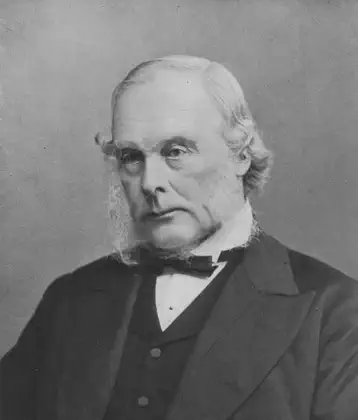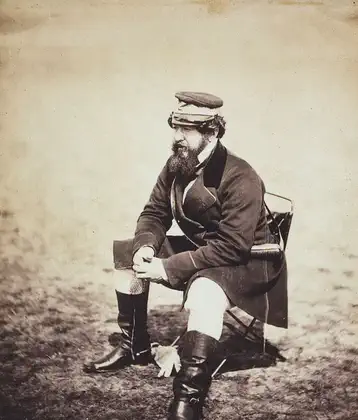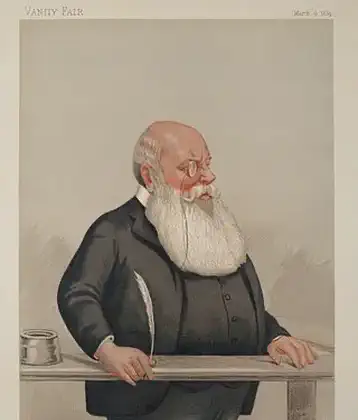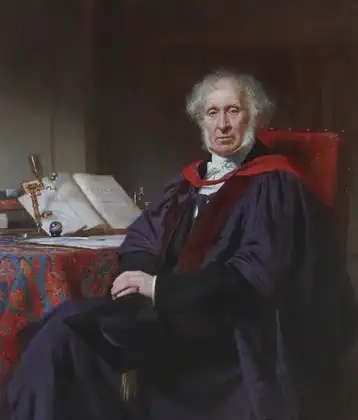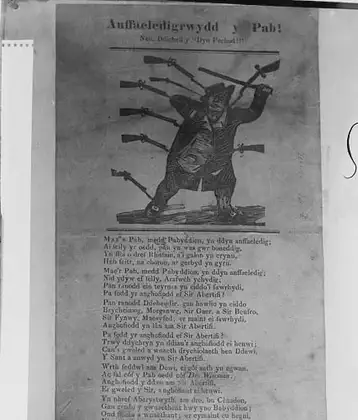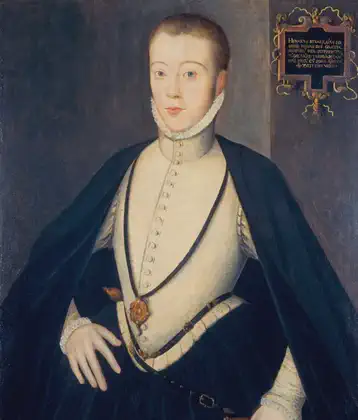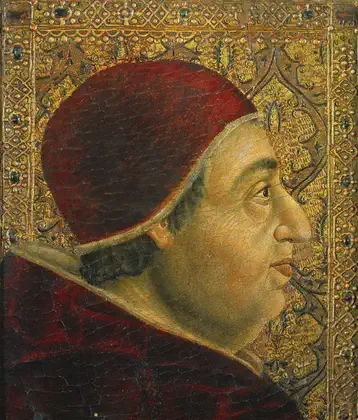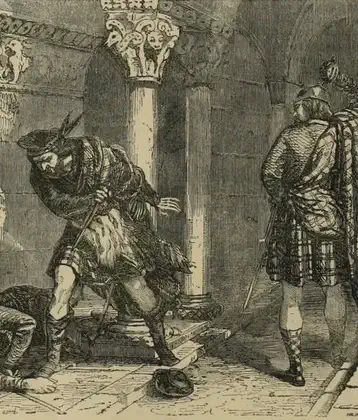On February 10, 1844 in Celtic History
Daniel o' connell is convicted of conspiracy, fined and sentenced to 12 months in prison
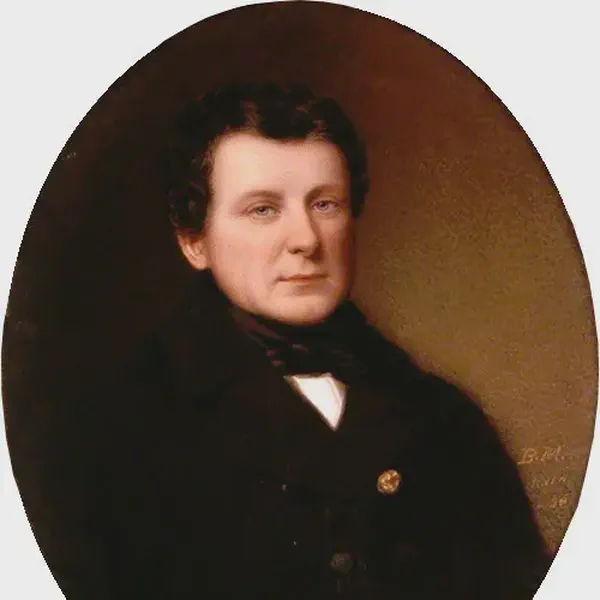
Daniel(I) O’Connell (Irish: Dónall Ó Conaill; 6 August 1775 – 15 May 1847), hailed in his time as The Liberator, was the acknowledged political leader of Ireland’s Roman Catholic majority in the first half of the 19th century. His mobilisation of Catholic Ireland, down to the poorest class of tenant farmers, secured the final instalment of Catholic emancipation in 1829 and allowed him to take a seat in the United Kingdom Parliament to which he had been twice elected.\
Daniel O’Connell, the Irish political leader and campaigner for Catholic emancipation, was indeed convicted of conspiracy, fined, and sentenced to 12 months in prison.
In 1844, O’Connell and several other leaders of the Repeal Association, which sought the repeal of the Act of Union and the restoration of an Irish parliament, organized a large political meeting in Clontarf, Dublin. The British authorities, fearing that the meeting could lead to civil unrest or rebellion, declared it illegal and moved to suppress it.
O’Connell and his associates were subsequently charged with conspiracy for organizing the Clontarf meeting. In May 1844, O’Connell was found guilty of conspiracy and sentenced to pay a fine of £2,000 and to serve 12 months in Richmond Gaol (now Kilmainham Gaol) in Dublin.
However, O’Connell’s conviction was later overturned on appeal to the House of Lords in London. The judges ruled that the jury selection process in O’Connell’s trial had been flawed, and his conviction was therefore invalid. O’Connell was released from prison and continued his political activities until his death in 1847.
The trial and conviction of Daniel O’Connell were significant events in Irish history and in the struggle for Irish independence. They highlighted the tensions between Irish nationalism and British rule, and they underscored the determination of Irish leaders like O’Connell to secure political rights and autonomy for Ireland.

